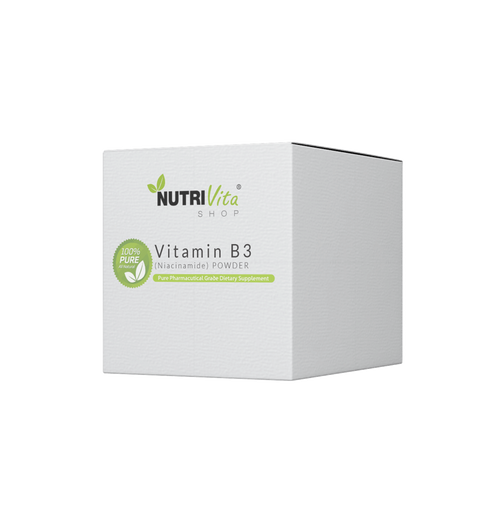Biotin functions as a form of Vitamin B, sometimes referred to as Vitamin B7 or Vitamin H. It is involved in the essential process of turning fatty acids, sugars and amino acids into energy that the body can use as fuel. This supplement also plays a key role in the body’s manufacture of carboxylase enzymes, which regulate the healthy growth and appearance of hair follicles and skin. In addition, Biotin helps maintain healthy blood cells, bone marrow and even strong nerve tissue.
Vitamin H’s main use for the human body is its ability to act as a coenzyme during the synthesis process for a wide array of different enzymes involved in metabolizing nutrients. It also correctly allows the body to use blood sugar for the purposes of energy consumption.
Various symptoms might point towards Biotin deficiency, including skin rash, hair loss and anemia. The less blatant neurological issues that may be caused by Biotin deficiency range from depression and lethargy to hallucinations. Although rare, this deficiency can be avoided by steering clear of raw egg whites (as high levels of Avidin can bind and neutralize Biotin) and long-term use of any antibiotics or anti-seizure medicines.
About 100mg of Biotin supplement is the recommended dosage per day. In total, this is about 1/64 of a teaspoon. However, the FDA recommendation is for 300 mcg per day, which is notably lower in dose. Because the mixture contains 1% Biotin, only 1mg of the solution is actual Biotin. There are about 1,000 mcg in every milligram, so 100mg amounts to approximately 333% of the daily value of 300 mcg.










